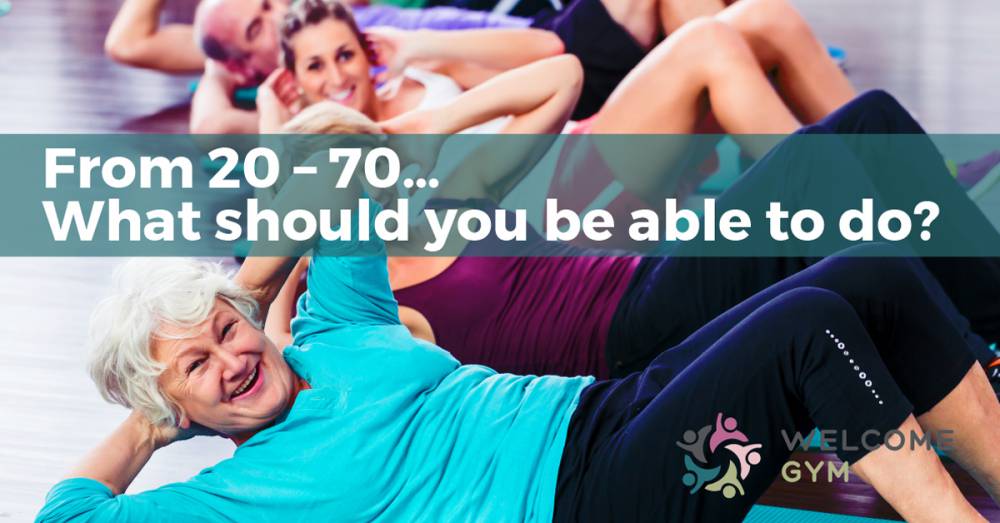For many people the traditional life expectancy of “three score years and ten” (i.e. 70) has been far exceeded over recent decades. According to the Office For National Statistics, in the UK the average life span for men is now 79.2 years and for women 82.9 years, with a 30% chance of making it to your 90th birthday. A girl born today has a 50% chance of living to 100.
The possibility of reaching a ripe old age has improved, largely because of increased affluence in the general population, improvements in our diet and advances in medical science, which mean many once-fatal diseases can now be cured or successfully managed. By 2024 there will be 18 million people aged 60 or over in Britain, an increase of over 3 million in the past five years.
Given the choice, most of us would like to live as long as possible, provided we are in good health, both physically and mentally, and are able to make a contribution to the community, and enjoy a good social life and close relationships.
Preparing to live a good and healthy life starts in childhood and continues throughout our lives and hinges on healthy eating, avoiding harmful habits like smoking, and exercising our bodies to strengthen them and keep everything in good working order. Of course, in middle and old age, you won’t be able to do quite the same things you did at 20, but the magic formula for staying youthful is exercise, and the longer you’re physically active, the less you’ll notice the effects of ageing.
As a measure of your age-appropriate fitness, you should be able to perform the following tasks in each decade of your adulthood: -
In Your 20s, you should be able to: -
- Hold a full plank for 1 minute
- Do 20 burpees or squat thrusts in a row
In Your 30s, you should be able to: -
- Run a mile in less than 9 minutes
- Hold a plank for 45 seconds
- Deadlift More than half your body weight
In Your 40s, you should be able to: -
- Sprint for 60 seconds without stopping
- Do ten consecutive press-ups
- Touch your toes comfortably with straight knees
In Your 50s, you should be able to: -
- Run continuously at a medium pace for 60 seconds
- Do five burpees without stopping
- Lower yourself into a cross-legged position on the floor and get up again without using your hands
In Your 60s, you should be able to: -
- Take more than 10,000 steps every day
- Do 12 bodyweight squats without stopping
- Touch fingertips with one hand over your shoulder and the other behind your back
In Your 70s, you should be able to: -
- Walk a mile in less than 16 minutes
- Comfortably walk up a flight of ten steps in 30 seconds
- Get up from a chair without using your hands 12 times in 30 seconds
Physical activity and exercise can have immediate and long-term health benefits and can improve your quality of life, whatever your age. If you are regularly physically active, you will reduce your risk of having a heart attack, manage your weight better, lower your risk of diabetes and some cancers, reduce your risk of osteoporosis, help you recover more quickly from illness and injury, improve your energy levels and help you sleep. Exercise can also block negative thoughts, lower stress and make you feel happier. The moral is to make exercise a habit that seems as natural as breathing and help yourself to live a long, healthy and enjoyable life.
![]()
![]()
![]() blog
blog![]()
![]()
![]() blog
blog